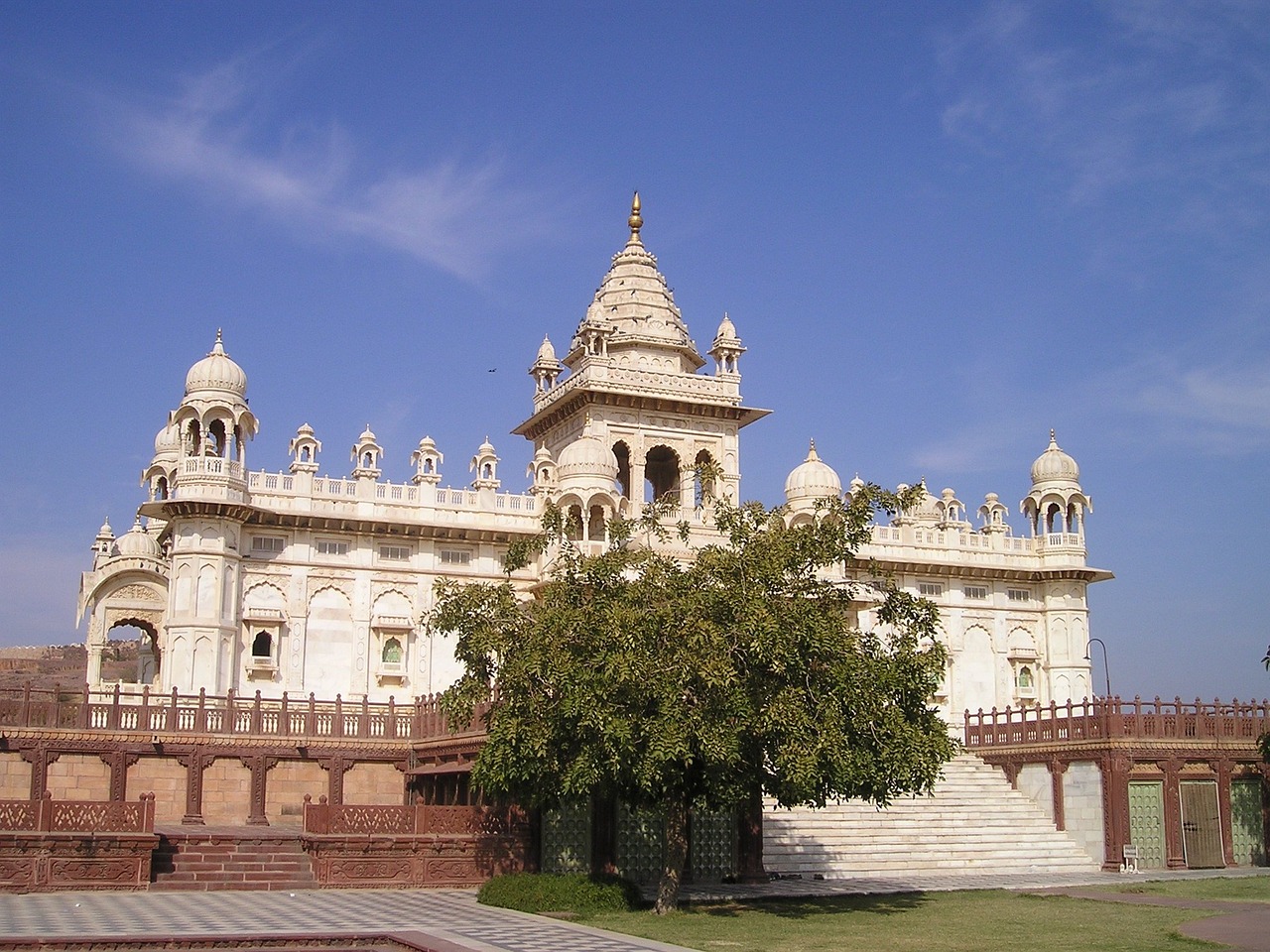The Impact of Political Scandals on Election Campaigns
In today’s fast-paced digital age, the media plays a pivotal role in amplifying political scandals. With the ability to reach a vast audience within seconds, news outlets have the power to shape public opinion and influence political outcomes. Through relentless coverage and sensational headlines, media organizations can escalate seemingly minor incidents into full-blown crises, putting immense pressure on politicians under scrutiny.
The constant spotlight of the media magnifies even the smallest missteps of politicians, scrutinizing their every move and decision. This intense scrutiny not only holds public officials accountable but also has the potential to sway public opinion and influence electoral outcomes. The 24/7 news cycle ensures that no detail goes unnoticed, making it increasingly challenging for politicians to navigate political scandals unscathed.
Historical Examples of Political Scandals Influencing Elections
In the 1884 U.S. presidential election, the scandal surrounding Democratic candidate Grover Cleveland’s alleged illegitimate child stirred the public’s interest and had a significant impact on the outcome. Although Cleveland ultimately won the election, his opponent, James G. Blaine, faced scrutiny as well, leading to a close race that was heavily influenced by the scandal. This historical event highlights how personal scandals can sway public opinion and influence election results.
Another notable example of a political scandal affecting an election is the Watergate scandal in the 1972 U.S. presidential election. The break-in at the Democratic National Committee headquarters and subsequent cover-up by President Richard Nixon’s administration led to his eventual resignation in 1974. The scandal not only tarnished Nixon’s presidency but also influenced the outcome of the 1976 election, in which the public’s distrust of the Republican Party played a significant role in Jimmy Carter’s victory.
Public Perception of Politicians Involved in Scandals
When politicians become entangled in scandals, their public perception can take a severe hit. Individuals caught in compromising situations or unethical behavior often face scrutiny and criticism from the public. This negative attention can tarnish their reputation and erode the trust people have in them as leaders. The media coverage of these scandals can amplify the negative perceptions, making it challenging for politicians to regain credibility in the eyes of the public.
Public opinion of politicians involved in scandals is often shaped by the perceived severity of the actions and the responses of the individuals in question. How politicians handle the fallout of a scandal can significantly impact how they are viewed by the public. Those who take responsibility, show contrition, and take steps to make amends may have a better chance of rebuilding trust with the public. On the other hand, attempts to downplay or deny wrongdoing can further damage a politician’s reputation and deepen public distrust.





